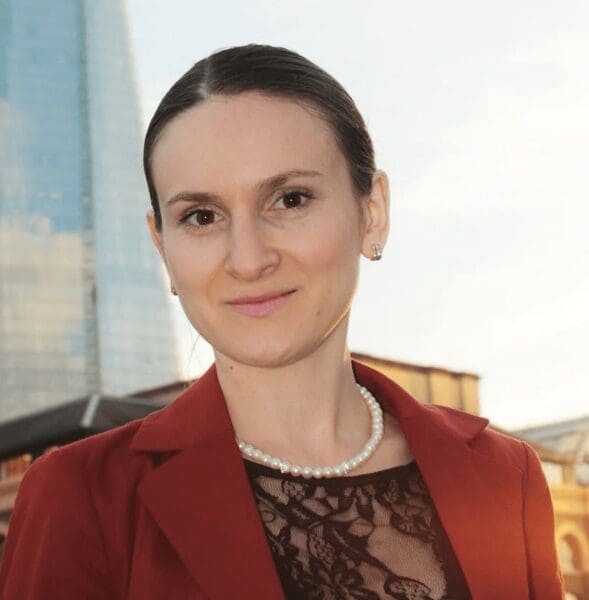Clinical Training Research Programme
Many of the key developments in MSA research have been led by clinician scientists with a good understanding of the clinical problems that face people with this disabling condition. The MSA Trust firmly believe that supporting the development of the next generation of clinician scientists in this area is critical to the success of research in MSA.
As part of our commitment to support the clinicians of tomorrow, the MSA Trust offers a Clinical Research Fellowship, in association with the Association of British Neurologists. The Fellowship offers the opportunity to undertake research training addressing an aspect of the causes, prevention and treatment of MSA. Typically Fellows work alongside experienced clinical and research mentors, who have a track record of academic excellence in the field of MSA, allowing the Fellow to develop their experience of both research and clinical aspects of MSA.
Building upon the work of our first two Fellows, Dr Viorica Chelban and Dr Yee Yen Goh, we are delighted to offer a third Research Training Fellowship, the Myra Morris MSA ABN Clinical Research Training Fellow 2025, with our successful applicant, Dr Linda Lei taking up this new role in August 2025.
Current and previous Clinical Training Research Fellows

Dr Linda Lei
Linda Lei graduated with distinctions in her MBBS at University College London (UCL) in 2018. In 2019 she went on to be awarded the Junior Doctors’ Certificate of Merit by UCL Medical School, for her significant contribution to undergraduate teaching. Linda continued her focus on educational development, completing a post graduate certificate in medical education in 2020 and gaining a post graduate diploma in acute medicine with distinction in 2022. She is currently a neurology trainee at the Royal Free Hospital and is excited to start her research in MSA.
We are delighted to welcome Dr Linda Lei as the third ABN MSA Clinical Training Research Fellow. Look out for updates in the Autumn MSA News when Linda will be explaining the research she will be undertaking over the next 3 years.

Dr Yee Yen-Goh
Dr Yee Yen-Goh grew up on the east coast of Malaysia, before following the footsteps of her parents, coming to London to study medicine. Her experience as a Neurology trainee has set up her up for success, completing rotations in movement disorders at the National Hospital for Neurology and Neurosurgery which developed her experience with Parkinsonian syndromes such as MSA.
Dr Yen-Goh says, “My dad always used to say, listen to your patients, since they know what’s wrong. All patients’ stories are unique and I find developing personalised treatment plans together with my patients immensely fulfilling. Frustratingly, there is still much we don’t know about MSA, which has prompted my involvement in research.”
Since starting as the ABN/MSA Trust Clinical Research Fellow, Dr Yen-Goh runs an MSA clinic as well as recruiting / assessing MSA patients for the PROSPECT-M trial. Her research involves formulating research plans from collected data and planning future collection. protocols.

Dr Viorica Chelban
Our previous Research Fellow, Dr Viorica Chelban, recruited in 2017, has worked alongside Professor Henry Houlden at University College London. She has been a key player in many research studies, including developing biomarkers in MSA and improving our understanding of genetic contributions to MSA. She is a leader on the PROSPECT-M-UK study. She is an investigator on the MSA Exenatide study. In addition, she has contributed to the clinical care of people with MSA in the UCL service and more widely.
She works with the MSA Trust to host our Annual MSA Research Symposium, which brings MSA researchers from all over the world together to present their findings and facilitate networking and collaboration for future projects.